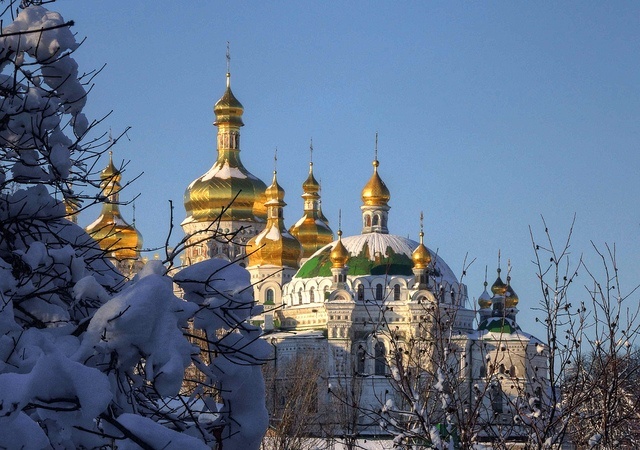On 27-29 April 2015 representatives of civil society from Albania, Azerbaijan, Germany, Kazakhstan, Kyrgyzstan, Mongolia, Tajikistan and Ukraine gathered in Kyev, Ukraine for the workshop on Ukrainian and Eurasian civil society in the EITI: Common challenges – joint approaches.
Civil society in the region faces similar difficulties in the implementation of EITI, whether that is ensuring that civil society is an effective participant of the multistakeholder group, having to operate in a restrictive environment or a lack of funding opportunities. The need for civil society to have a deeper knowledge of EITI and be better coordinated was expressed, and so this workshop also aimed to strengthen the network of PWYP Eurasia members with a view to promote sharing resources and information.
In order to face these challenges, participants met to not only share their experiences and best practices – in order for national coalitions to improve their own strategies based on shared knowledge – but also to strategise on how they could work together as a region to better implement and use EITI.
To this end, participants identified a series of best practices for benchmarking MSGs, which include the recommendations of holding the meetings in an extractive region outside the capital and the need for consultations with local communities in order to inform citizens about EITI. Participants also pooled their knowledge to map important extractive companies operating in their country, so as to find targets for joint advocacy and areas of common ground. Participants also agreed on a 2015 – 2017 joint action plan to promote and defend EITI implementation in the region.
Civil society organisations in the region are committed to EITI implementation in their respectful countries and share a number of recommendations.
That governments in the region ensure free, full, independent, active and effective participation of civil society in the EITI implementation process. Publish What You Pay members will monitor the situation in various countries and support members that face a deteriorating environment.
That governments embed EITI Standards in their national legal frameworks.
We call on global donor organisations to recognise that Eurasia is a region with much potential that faces many challenges, and to support projects in the region, particularly those related to transparency and accountability in the extractive sector.
We call on all extractive companies to adhere to and respect their EITI obligations in the respective countries of Eurasia. Too many companies are in breach of environmental regulation or fail to disclose their payments.
To call upon other countries in the region such as Georgia, Armenia, Russia, Romania to commit to the principals of transparency and accountability and implement EITI.
All decisions and recommendations are based on the principle that natural resources belong to the citizens and need to be managed responsibly and equitable so that women, men and youth in resource rich countries benefit.











